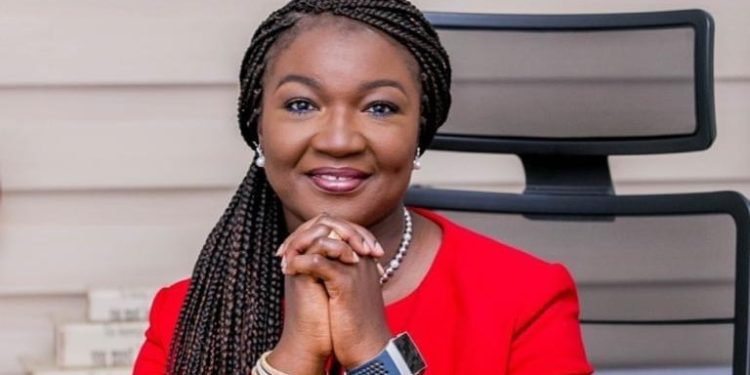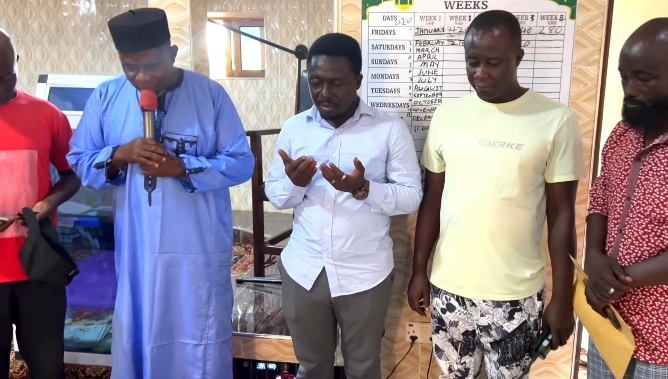Wendy Adjeley Adjei: Ghanaian Health Communicator Reshaping U.S. Maternal Care with the Power of Words
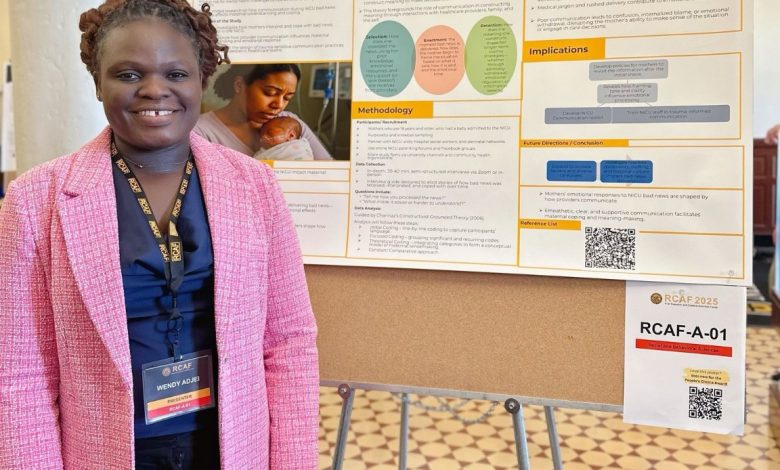
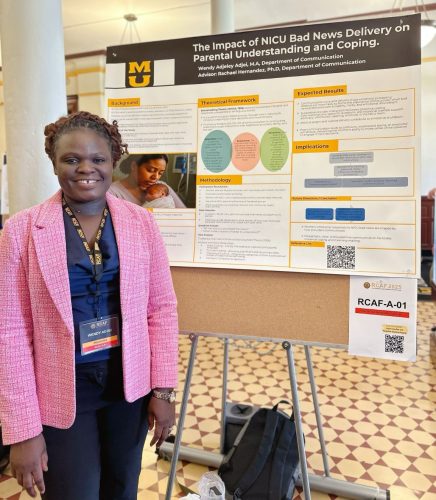
In a field often dominated by clinical data and medical procedures, Ghanaian scholar Wendy Adjeley Adjei is bringing something profoundly human back into the conversation: communication. Through her groundbreaking research in maternal healthcare, Wendy is proving that the words spoken to mothers during childbirth can leave emotional imprints that last a lifetime—and may be just as critical as the medications and monitors in the delivery room.
Wendy’s journey began in Ghana, where she attended La St. Paul’s Anglican JSS and Ningo Secondary School before earning a bachelor’s degree from the University of Cape Coast. Her academic path has since taken her across continents, first to Purdue University for a fully funded master’s degree in communication, and now to the University of Missouri, where she is pursuing a fully funded Ph.D. in Health Communication. Her focus: the complex relationship between patient-provider communication, maternal well-being, and health equity.
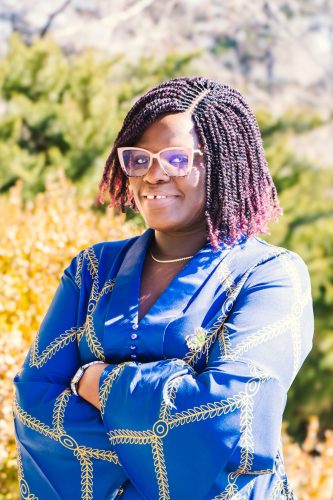
Her latest study, titled “The Emotional Legacy of Memorable Messages: Exploring the Impact of Communication on Maternal Birthing Experiences in the U.S.”, investigates how mothers recall and interpret the communication they received during childbirth. The findings are revealing. Positive affirmations like “You’re stronger than you think” often provided emotional strength. But silence, indifference, or rushed communication were remembered just as vividly—and often triggered feelings of isolation, fear, or mistrust.
“These moments stay with women long after they leave the hospital,” Wendy explains. “It’s not just about what was medically done to them, but how they were made to feel.”
In response, Wendy developed the Emotionally Attuned Communication Protocol (EACP)—a trauma-informed framework that empowers healthcare professionals to be emotionally present, culturally aware, and equity-driven in their interactions with patients. The EACP aims to shift the clinical culture to one that honors not only the physical but also the emotional experience of childbirth.
Wendy’s influence is already being felt beyond academia. She serves on the Kansas Birth Equity Network, volunteers with the American Red Cross as a blood donor ambassador, and was recently elected Director of Legislative Affairs for the University of Missouri’s Graduate Professional Council. In this role, she champions mental health resources, inclusive policies, and equity-focused education for graduate students.
Her work comes at a time when maternal healthcare in the United States is facing urgent challenges. With rising maternal mortality rates and persistent disparities affecting Black and minority women, Wendy’s research provides a crucial reminder: human connection matters. Communication can be a life-saving tool—or a source of trauma.
What makes Wendy’s story especially compelling is her perspective as a Ghanaian woman studying and working in the American healthcare landscape. She brings a deep understanding of how cultural background shapes communication expectations and care experiences. Her work speaks not only to the U.S., but to global efforts to make maternal health systems more compassionate, just, and responsive.
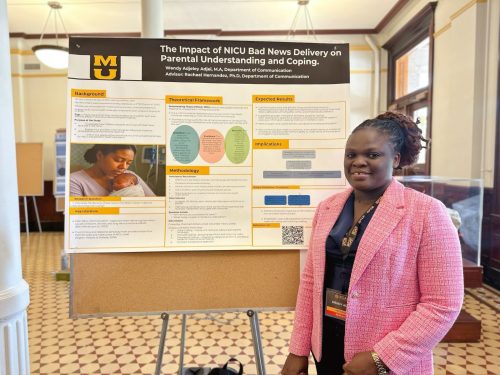
Wendy Adjeley Adjei is redefining what it means to “care” in maternal healthcare. She’s proving that the right words, spoken at the right moment, can restore dignity, build trust, and support healing. And with every conversation she changes, she brings the world one step closer to equity-driven, emotionally attuned care.




